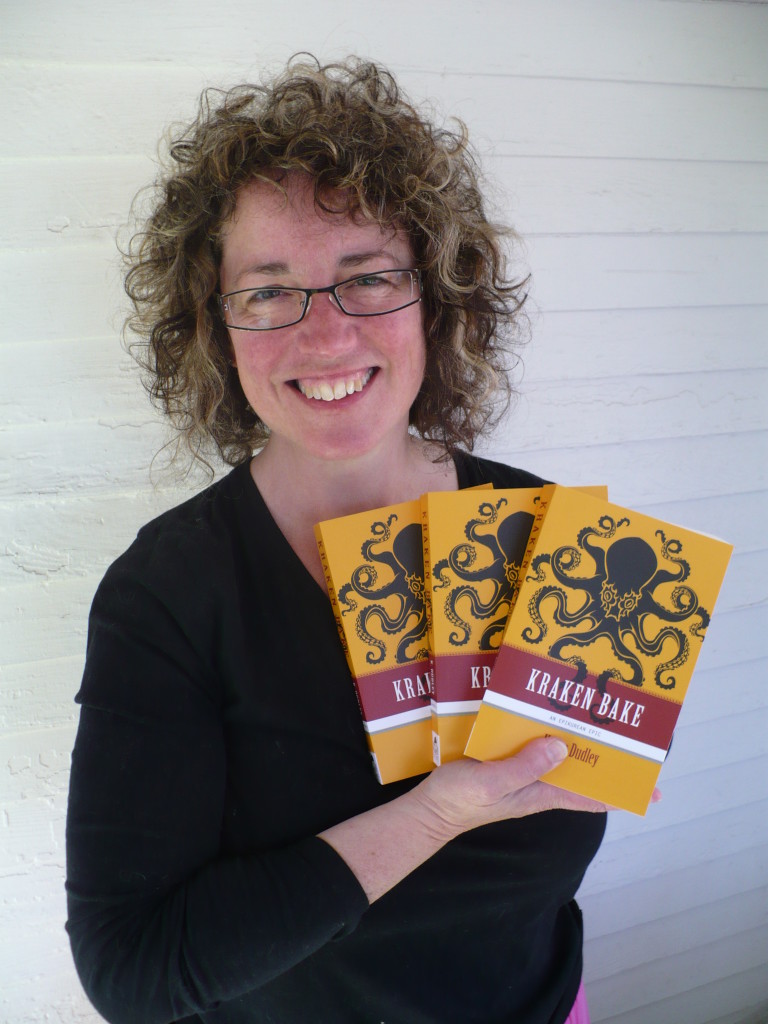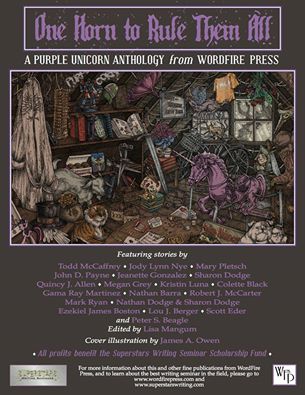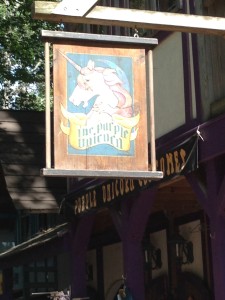A guest post by Karen Dudley.
In 1999, I was nominated for the Crime Writers of Canada (CWC) Arthur Ellis Award for Best First Novel for my book Hoot to Kill. The award is named after the pseudonym for Canada’s first official hangman, who served in the job between 1912 and 1935 (several of his successors also adopted the pseudonym). The Arthur Ellis award itself is a stylized wooden statue of a hanged man. The arms and legs jerk around when a string is pulled.
I had never been nominated for an award before (Hoot to Kill was, after all, my first novel), so I flew out to Toronto for the awards ceremony. There were drinks and dinner, and I met a number of other crime fiction writers, which was fun. And then came time for the awards ceremony. The Master of Ceremonies that year was Peter Robinson, one of Canada’s foremost crime fiction writers and a truly great storyteller. And he had a fantastic story for us that evening.
The Arthur Ellis award statues, he informed us, were not made in Canada, but rather were manufactured somewhere in the United States and then shipped up here. That year the statues had been duly assembled, boxed up, and shipped off, but somewhere between there and here, they had been lost. As the date for the awards ceremony drew closer, the CWC committee started frantically digging around to find out what had happened to them.
It turned out that Purolator had, in fact, brought the box into Canada, but they’d accidentally delivered it to the wrong house. Under ordinary circumstances, not a big deal. Unfortunately, these were not ordinary circumstances. The house that Purolator delivered them to belonged to a man whose business partnership had recently dissolved due to some rather shady business dealings. These dealings were so shady, in fact, that the man had been receiving death threats. Imagine his reaction then when he opened up the box that had been left on his doorstep and found it filled with ominous little statues of hanged men!
The police had seized the box of awards and Peter Robinson and the other members of the CWC awards committee had to do some very fast talking to get the statues released in time for the awards ceremony. As Peter remarked that night, if any of us had written that in a manuscript, our editors would have taken it out as being too unrealistic.
I’m no longer writing crime fiction. I moved into the fantasy genre a few years back. And although my first historical fantasy, Food for the Gods, was nominated for five different awards, I have to say, none of these awards ceremonies could boast the same stranger-than-fiction story as the Arthur Ellis awards of 1999.
 Guest Writer Bio:
Guest Writer Bio: Karen Dudley wrote wildlife biology books and environmental mystery novels before she had an epiphany… she wanted to write historical fantasy. So she did. Food for the Gods and its sequel, Kraken Bake, are quirky sort of books, a bit like Xena meets Iron Chef. Food for the Gods was nominated for several awards, including a High Plains Book Award in the Culinary Division. Karen lives in Winnipeg with her husband, daughter, and the requisite authorial cats. You can read more about Karen and her books at www.karendudley.com.



